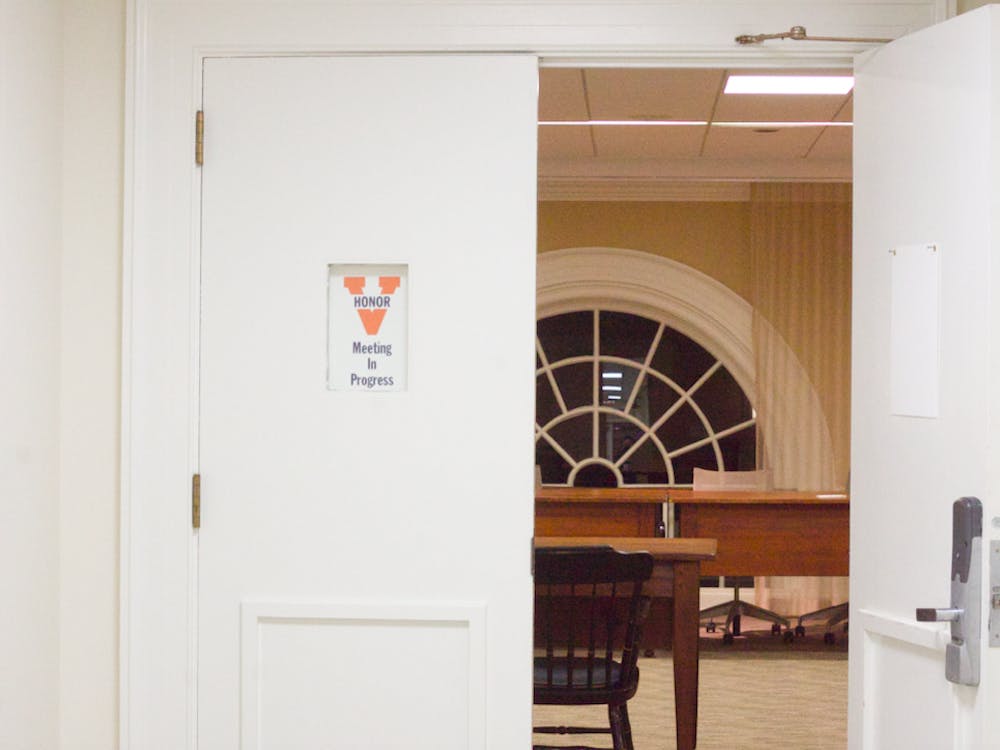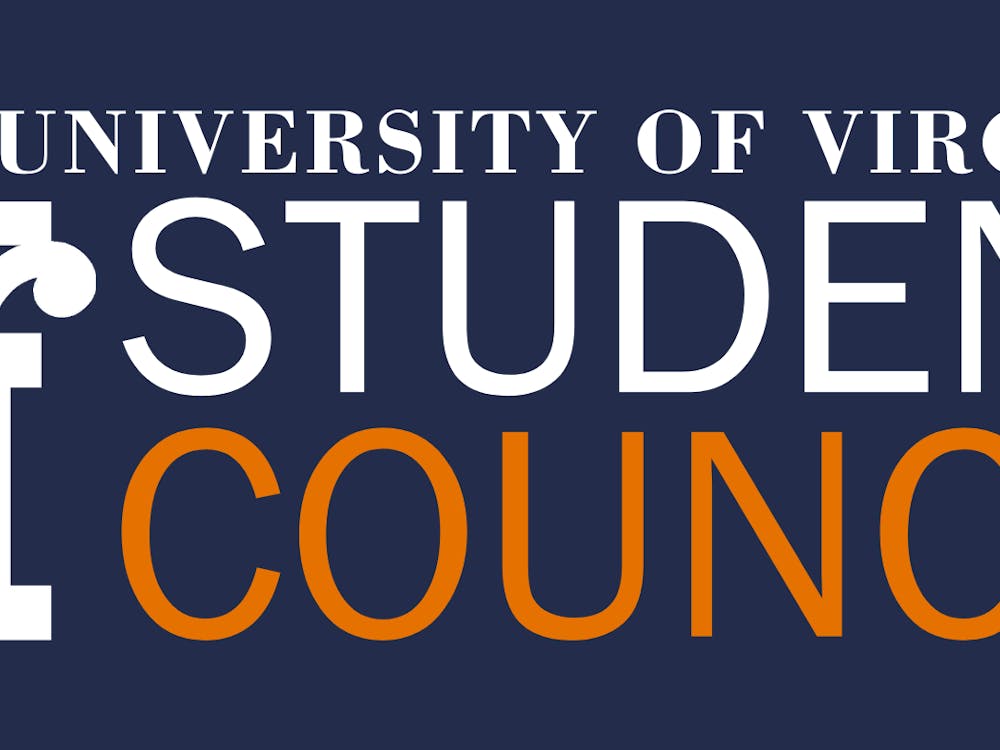Last year Chairman of the Joint Chiefs of Staff General Joseph Dunford called Russia the greatest existential threat to the United States. This election campaign has reflected this attitude, with many candidates calling Putin a “bully.” Since the invasion of Crimea by “unaffiliated” Russian forces, many have started throwing around the idea of a new Cold War. After two decades of being ignored, Russia is scary again — or is it? Despite many reasons for fearing Russia, the threat it presents has been exaggerated.
With the annexation of Crimea, one of the main fears is additional Russian expansion. But to where would Russia expand? Ukraine is the obvious target. However, beside the already autonomous regions of Donetsk and Luhansk, there has been no additional land lost to separatists. Russia is working to end the sanctions placed on it for events that took place in Eastern Ukraine, and it’s unlikely it would intervene in the region again for fear of ruining any negotiations.
The Baltic states are also in prime position for Russia to take territory from, but as members of NATO Russia would have to risk activating Article 5, which states that if one member country is attacked, it should be treated as an attack against all NATO countries. The benefits Russia might receive from regaining the Baltic states do not make up for the possibility of a war with NATO. Added to this is the fact that occupying the Baltic states would most likely cost Russia monetarily, straining its already faltering economy. Crimea is already costing Russia, with the Russian government having to pay $2 billion just to meet the region’s energy needs.
Militarily, Russia is not much of a threat. The U.S. defense budget is around $569 billion per year while the Russian budget totals just $53 billion per year. Add to this the collective military budget of NATO and it is clear Russia cannot win a traditional conflict. Technology-wise, the United States is also far in the lead. The only area where there is parity between Russia and its enemies is nuclear capability. The Russian nuclear arsenal can still reach and destroy most of the world, but Russia is almost as reluctant to use nukes as the United States. Russia will lose any little standing it has in the international community if it uses even tactical nukes.
Europe’s dependence on Russian energy is another reason people fear Russia. Four countries — Latvia, Estonia, Finland and Lithuania — have an almost full dependence on Russian gas. Even Germany gets around 45 percent of its gas from Russia. If Russia decided to stop selling its gas to Europe, which it could since the gas industry is controlled by the state, it could trigger a crisis and cause domestic energy prices to spike. But this is not a realistic option for Russia. The Russian economy is already heading into a deep recession with the double whammy of sanctions and record low oil prices. If Russia stopped selling its gas, it would lose a sizable chunk of its remaining economy.
Along with these concerns, Russia is undermined by many smaller problems. The country is plagued with corruption, getting a ranking of 119 out of 168 on the corruption perceptions index. There is large scale youth emigration and people who stay have to live with a deeply flawed public health system. There are constant terrorists and separatist threats from domestic and foreign organizations. There is also the tension caused by the Russian limits on freedoms, especially the press, though the problems this creates for Russia have been relatively minor.
Looking at Russia as a whole, it does not stand up to the scary picture many people paint of it. Russia’s greatest power is its ability to act decisively to further its interest, using conventional and unconventional forces. It is intimidating to face a country that is willing to act suddenly and unexpectedly. That said, this bravado should not distract us from the very real constraints on Russian power and actions. We should take Russia as a serious threat and as a strong state, but not a nation that we need to fear.
Bobby Doyle is an Opinion columnist for The Cavalier Daily. He can be reached at b.doyle@cavalierdaily.com.





